As an Amazon Associate I earn from qualifying purchases.
Podcast: Play in new window | Download
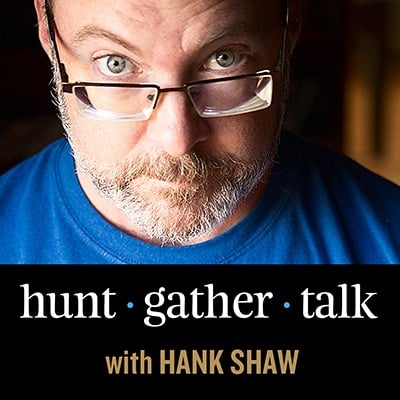 In this episode of Hunt Gather Talk, I wanted to branch out and cover herbal medicine, a topic that I am interested in, but am not an expert in by any means. healing common complaints with common herbs and plants is something humans have done since long before we were humans — even the Great Apes have been seen self-medicating with plants, and we diverged from them more than 6 million years ago.
In this episode of Hunt Gather Talk, I wanted to branch out and cover herbal medicine, a topic that I am interested in, but am not an expert in by any means. healing common complaints with common herbs and plants is something humans have done since long before we were humans — even the Great Apes have been seen self-medicating with plants, and we diverged from them more than 6 million years ago.
To introduce this subject, I talk with my friend Rebecca Altman, an herbalist who runs King’s Road Apothecary. Rebecca is a down-to-earth herbalist whose various potions and salves and tinctures actually work for common ailments; we’re not the “dandelions can cure cancer” crowd. We’re interested in helping you take some control over your own health with plants that grow all around you.
I hope you enjoy this introduction to herbal healing as much as we enjoyed bringing it to you!
Here are some links for further information on this week’s episode:
- Rebecca’s cottonwood ointment for sore feet and joints. How to make cottonwood salve, from my friend Butter in Colorado.
- Rebecca’s piece on working with California poppy.
- This is the USDA Database you can use to find plants near where you live. Use the search function at the top left.
- My article on California coffeeberry, with instructions on making the coffee. And another piece on making chicory coffee from scratch with dandelions or chicory root.
- How to make your own elderberry syrup, and how to make your own elderberry liqueur.
- If you want a damn good recipe for rose petal ice cream — the ultimate thing to serve your sweetie — there is a recipe in my first book, Hunt, Gather, Cook: Finding the Forgotten Feast.
- Finally, here are the three West Coast herbal medicine books we recommend, all by Michael Moore. Medicinal Plants of the Pacific West, Medicinal Plants of the Desert and Canyon West, and Medicinal Plants of the Mountain West. If you are not in the West, I recommend Rosemary Gladstar’s Medicinal Herbs.
Enjoy this week’s podcast, and, as always, if you like it, please subscribe and leave a review. It helps me a lot. Thanks!
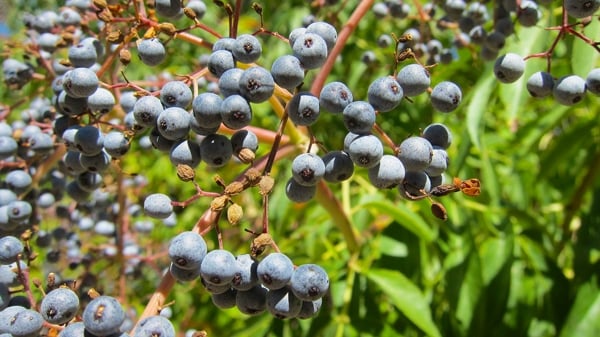
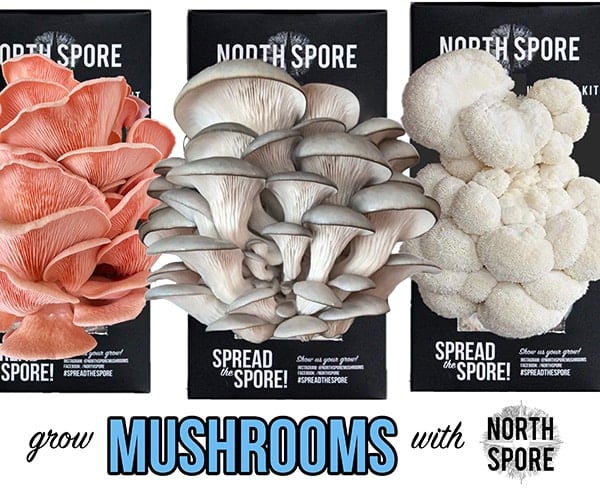
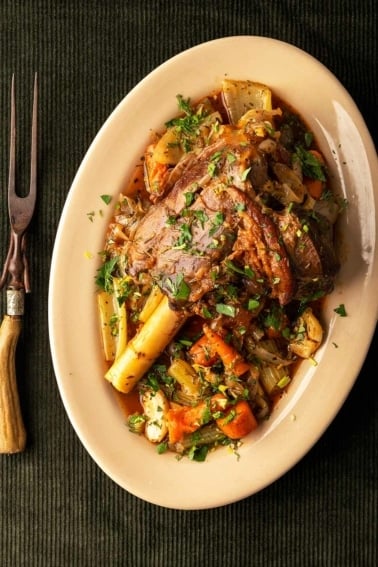
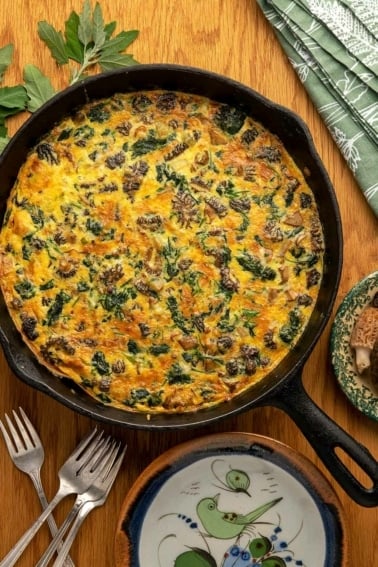
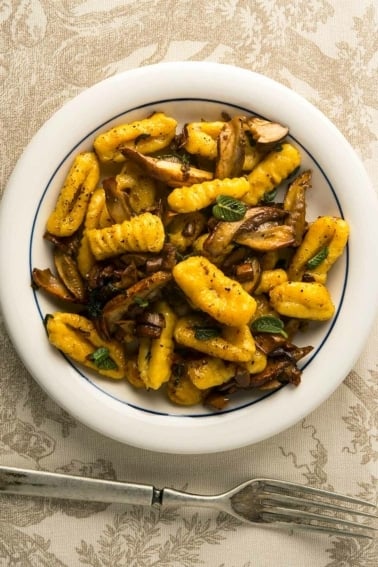
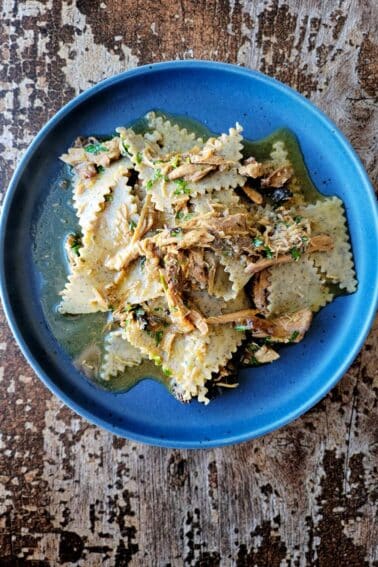
You guys had me at “This is NOT a woo woo and juju dandelions can cure cancer kind of thing.” Been looking for some down-to-earth, evidence-based medicinal foraging and herbal medicine information for a long time.
Question for people living in the East: Were there any books or other resources you’d recommend for those of us in the East? I know California and the West are where your expertise is at, but I am very hesitant to pick up just any old herbalism resource precisely because of the “woo woo and juju” factor. All I have at my disposal currently that I trust are Lee Allen Peterson’s A Field Guide to Wild Edible Plants of Eastern and Central North America and the “Eat the Weeds” website. Are there any other resources that you know of particular to the East? Thank you!
So I make and sell soap and lotion. Here’s a fun fact for you. The FDA makes a distinction between a cosmetic and a drug. So you have to be REALLY careful if you are selling a product that is treating an ailment you would go to the doctor for. They can come down hard on makers who ignore the difference. So…I tend to keep my medicinal stuff for my own use. If its considered a drug, you have to PROVE that it has been tested and shown to be effective. And you have to test YOUR product. You can’t just point to a study someone did once showing that XYZ ingredient had an effect. It can get really complicated really fast.
How does the law define a cosmetic?
The Federal Food, Drug, and Cosmetic Act (FD&C Act) defines cosmetics by their intended use, as “articles intended to be rubbed, poured, sprinkled, or sprayed on, introduced into, or otherwise applied to the human body…for cleansing, beautifying, promoting attractiveness, or altering the appearance” [FD&C Act, sec. 201(i)]. Among the products included in this definition are skin moisturizers, perfumes, lipsticks, fingernail polishes, eye and facial makeup preparations, cleansing shampoos, permanent waves, hair colors, and deodorants, as well as any substance intended for use as a component of a cosmetic product.
How does the law define a drug?
The FD&C Act defines drugs, in part, by their intended use, as “articles intended for use in the diagnosis, cure, mitigation, treatment, or prevention of disease” and “articles (other than food) intended to affect the structure or any function of the body of man or other animals” [FD&C Act, sec. 201(g)(1)].
Hank I emailed you earlier about juniper berries and some of my online research revealed they also have medicinal qualities as well such as treatment for anxiety, addiction, certain skin conditions like psoriasis and eczema to name a few.
Very interesting episode. I was especially intrigued by Rebecca’s recommendation of using California poppy to help with the type of insomnia caused by stress/worry. By sheer coincidence I’ve been experiencing exactly this type of insomnia the past few days/weeks. California poppy isn’t native to my area (Saskatchewan) but I found a prepared tincture at a local health food store. Tried it last night and had a more restful sleep than I’ve had in a while. Now I just need to find some seeds so I can grow & make my own.
Hank,
Great Podcast, and better notes section here, though if I where to recommend something it would be to note on your last note that the Author Micheal Moore you mention is not the “Micheal Moore” documentarian. I’ve had folks refuse to buy the books upon my recommendation thinking they were the same person, Author M. Moore is a Graduate of the University of Arizona and a subject mater expert on wild plants where the other is well use your own personal description. The books are excellent herbalist books and I’ve had, lost, and destroyed a couple of sets of them over the years by using them so much.
This was my favorite episode so far. Now I’m looking out the window at my 75 year old cottonwoods, wondering how I could not know about using the buds for salve. They’re too advanced for this year, but I’ll be marking the calendar for next year. Thanks, Hank – you’re doing wonderful work with these podcasts!
Great show, I know the northeast is a bit far but more on this area would be great. One thing I didnt hear was about antioxidants.
I believe they are the main ingriendent in most healing plants.
Love the podcast! Thanks!
Thank you for this podcast! It’s been a pleasure to listen to.
Just listened to this. Killer podcast, thanks so much. Rebecca I will be looking at your site for sure. Heading out for some cottonwood buds right now, make some of that butter. Keep it going Hank.
What!? I didn’t know you had a podcast. I must not have been reading your newsletters or something. Looking forward to listening.